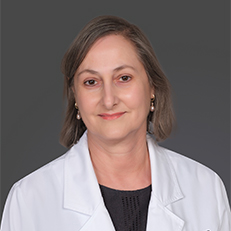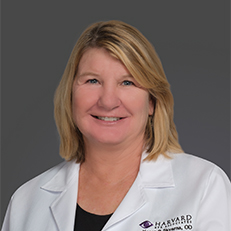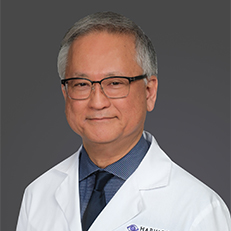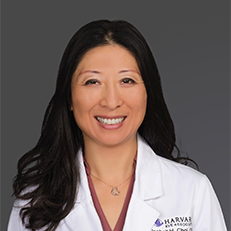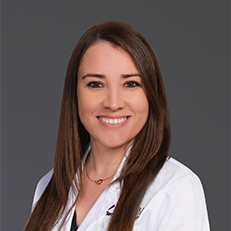Eye Exams in Orange County, CA
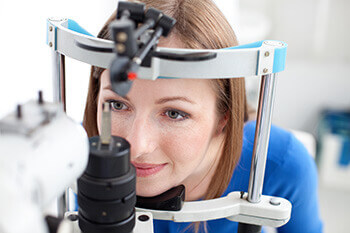 Routine eye exams are essential to detect problems in your ocular health that you may be completely unaware of (such as glaucoma or cataracts) and allow for early detection, diagnosis, and treatment.
Routine eye exams are essential to detect problems in your ocular health that you may be completely unaware of (such as glaucoma or cataracts) and allow for early detection, diagnosis, and treatment.
Adults with normal eye exam findings should have their eyes checked every two to four years, depending on their age. Your eye doctor will let you know during your appointment what the appropriate eye exam schedule is for your individual vision care needs.
Frequent visits may be necessary if you are being treated for a specific eye condition.
A comprehensive routine eye exam at Harvard Eye Associates includes:
- Review of your medical history
- Analysis of your visual acuity
- Examination of your eye health
- Evaluation of your eye’s connection with the visual system inside your brain
- Identification of refractive errors such as nearsightedness, farsightedness, or astigmatism
- Measurement of eye pressure to identify glaucoma
- Presence of any eye disease
- Irregularities in eye alignment (crossed eyes)
- Analysis of the external structures of the eyes (eyelid, lashes, tear drainage, and eye moisture)
- Analysis of the internal structures of the eye (cornea, iris, pupil, lens, vitreous, retina, optic nerve, and blood vessels)
Further testing and appointments may be required depending on the results from the examination. Your doctor will review their findings and treatment plan (if necessary) with you during your visit. Routine eye exams are generally provided by the optometrists at Harvard Eye Associates.
Eye Dilation
During an eye exam, patients are given eye drops that dilate, or enlarge, the pupil of the eye. This allows the eye doctor to see and evaluate the internal structures of the eye and measure the eyes for refraction (glasses prescription).
These dilating drops may cause some loss of near vision/reading vision for a few hours. Dilating drops may also cause significant sensitivity to brightness and sunlight. We strongly recommend that you arrange to have someone drive you after the conclusion of your exam since you will likely have difficulty reading and experience sensitivity to sunlight for approximately 3-5 hours after your appointment. We provide disposable sunglasses to patients that are given dilating eye drops, however, it may still be difficult to drive.

